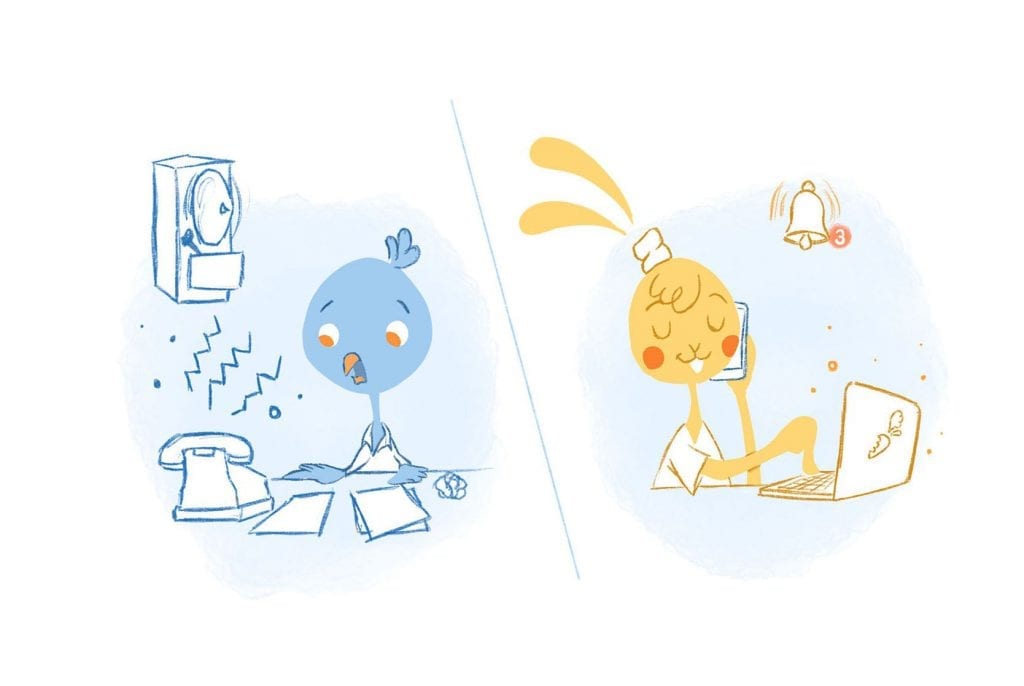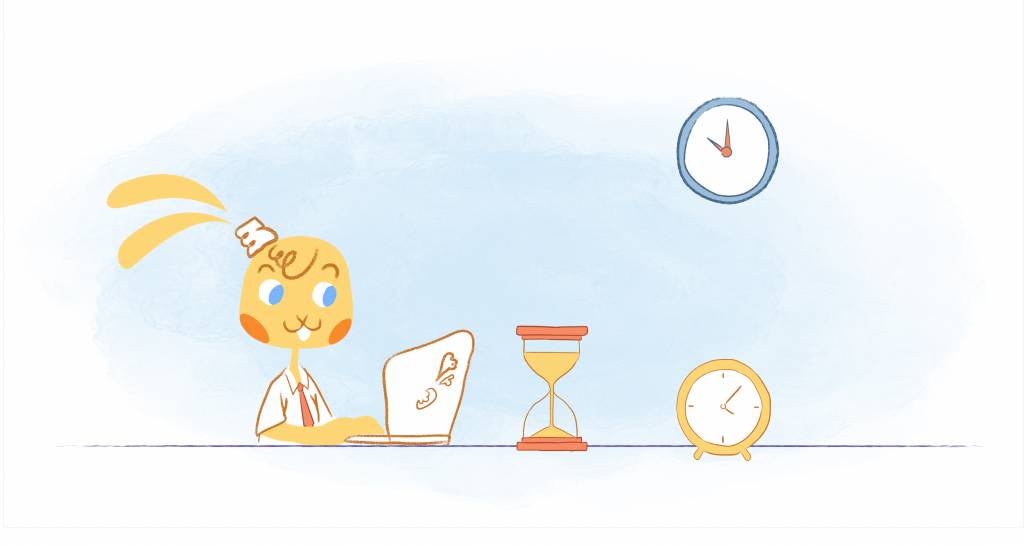

On a daily basis, I would classify myself as a homebody. But, that doesn’t mean that I frown about traveling. In fact, I love to travel. Here is how exploring makes you happier and how to be happier daily.
Personally, since I’m a planner, I get a kick out of making travel arrangements and gathering ideas on how to spend my time. And, it also gives me something to look forward — research has found that anticipation is the happiest part of the travel journey.
Additionally, this motivates me to budget my money and time. Saving up financially for a trip is obvious. However, if I know when I’m going away, I make sure that my priorities have been addressed so that they’re not hanging over my head while I’m gone. I even try to get ahead of my work so that I won’t fall behind when I return.
As for the trip itself, I love new experiences. Whether if it’s taking in the architecture, geography, cuisine, music, or culture I dig it all. In my opinion, it makes me a more rounded individual. Besides, traveling prevents me from getting stuck in a rut.
Obviously, I’m not an anomaly here. I think most people fall into this camp. There was even a study that found that new and diverse experiences are linked to happiness.
“Our results suggest that people feel happier when they have more variety in their daily routines–when they go to novel places and have a wider array of experiences,” explained Catherine Hartley, an assistant professor in New York University’s Department of Psychology and one of the co-authors of the study published in Nature Neuroscience on May 18, 2020. “The opposite is also likely true: positive feelings may drive people to seek out these rewarding experiences more frequently.”
After analyzing the data, people who had more variability in their physical location, had more positive emotions, such as “happy,” “excited,” “strong,” “relaxed,” and/or “attentive.” MRI scans also showed that “those whose exposure to diverse experiences was more strongly associated with positive feeling (‘affect’)–exhibited a greater correlation between brain activity in the hippocampus and the striatum.”
“These results suggest a reciprocal link between the novel and diverse experiences we have during our daily exploration of our physical environments and our subjective sense of well-being,” observed Hartley.
The Benefits of Travel and Exploration
To be fair, previous research has found a link between travel and happiness. A 2007 study from Cornell University even went as far as to call traveling the secret to happiness. The reason? We adapt to physical objects which means that over time that joy we felt after purchasing an item will fade.
“One of the enemies of happiness is an adaptation,” said Dr. Thomas Gilovich, a psychology professor at Cornell University who has been studying the question of money and happiness for over two decades. “We buy things to make us happy, and we succeed. But only for a while. New things are exciting to us at first, but then we adapt to them.”
“Our experiences are a bigger part of ourselves than our material goods,” added Gilovich. “You can really like your material stuff. You can even think that part of your identity is connected to those things, but nonetheless, they remain separate from you. In contrast, your experiences really are part of you. We are the sum total of our experiences.”
Why else should you explore?
Moreover, traveling can change your perspectives and encourage you to be more open-minded. It can also boost your self-confidence and allows you to get to know yourself better. And, it can improve your relationships with friends, family, or even co-workers by creating irreplaceable memories.
As if that weren’t enough, breaking out of your comfort zone can also do wonders for your physical and mental health. According to a study conducted by the Global Commission on Aging and the Transamerica Center for Retirement Studies and the U.S. Travel Association, after one or two days, 89% of travelers reported a significant decrease in their stress levels.
Furthermore, the report stated that travel provides similar physical and cognitive benefits as crossword puzzles or museum visits. Also, “women who vacationed every six years or less had a significantly higher risk of developing a heart attack or coronary death compared to women who vacationed at least twice a year.” And, “another study showed that men who did not take an annual vacation had a 20 percent higher risk of death and 30 percent greater risk of death from heart disease.”
How You Can Explore Daily
So, there’s no denying that traveling is beneficial. But, what if you can’t getaway? What, between not having vacation time or the money, traveling may be restricted because of factors like COVID-19.
While certainly a bummer, you can still explore the world and discover yourself without having to pack your bags in the following nine ways.
1. Shake-up your daily routine.
I mean no disrespect to routines. I’d even say that I’m a fan of them. After all, they provide structure and encourage you to maintain healthy habits. Examples would be following a consistent wake-sleep cycle and working when you’re most productive.
At the same time, doing the same thing day in and out can get boring. Even worse? It can make you complacent.
To counter this, occasionally shake things up. If you commute to work or the grocery store, take a different route. Are you working from home? Consider working somewhere else like, a coworking space, coffee shop, hotel, or public park.
2. Read novels and blogs.
I enjoy reading. I always have since I was a kid. But, it wasn’t until I became an adult that I learned the benefits of reading books.
It turns out that reading strengthens your imagination by transporting you to a different time and place. It can also improve your emotional intelligence. Increase brain connectivity, and reduces stress. Also, reading builds your vocabulary and prevents age-related cognitive decline.
In addition to novels, read books, or travel blogs that inspire you to visit them someday.
3. Watch documentaries, movies, and TV shows.
I’m going to be honest here. There are certain days when I just don’t feel like reading. Usually, this is because I’ve been reading and writing content all day. As a consequence, I want to consume something different.
Usually, this is in the form of a documentary, movie, or TV show. Since I still want to make the most of my downtime, I try to watch shows that educate and elate me. Examples would be “Anthony Bourdain: Parts Unknown,” “The Secret Life of Water Mitty,” or “Eat, Pray, Love.”
4. Pick up a new hobby.
Why should you pick-up a new bobby? Well, HuffPost has seven solid reasons why you should do so this year.
Besides the obligatory it reduces stress reason, hobbies promote happiness, prevents burnout, and can lower blood pressure and cortisol levels. It can also give you a confidence boost and expand your network.
Most importantly, “participating in a new activity keeps your mind engaged and lets you work out new challenges,” writes Dr. Kurt Smith. “Challenging your mind in new ways helps break up your mundane routine and keeps you mentally stimulated.”
5. Take a virtual vacation.
Did you know that you can literally travel the work without leaving your home? Thanks to technology, you can visit museums like the Musée du Louvre in Paris or The Metropolitan Museum of Art in New York City. You can also explore the Grand Canyon, Chile, or the Great Wall of China. You could also experience 360-degree virtual tours of Jerusalem or wander through the Sistine Chapel.
In short, you can visit any location you’ve ever dreamed of virtually. Just do a quick search and be on your way without having to leave home.
6. Immerse yourself in different cultures.
There are actually a number of ways to go about this. It could be learning a new language or researching various customs and traditions. You can also try out different food through takeout or cooking it in your own kitchen.
Other ideas would be to visit different communities in your area, think Little Italy or Chinatown, and engaging in the arts. If you do travel abroad, venture beyond the tourist attractions and take publication transportation. Personally, people-watching is a favorite hobby of mine — especially when overseas.
7. Volunteer.
“Giving to others can also help protect your mental and physical health,” notes HelpGuide. “It can reduce stress, combat depression, keep you mentally stimulated, and provide a sense of purpose.”
What’s more, can advance your career, and brings fun and fulfillment to your life.
Volunteering can also bolster soft skills and help you meet new people, interests, and neighborhoods.
8. Go on a micro-adventure.
A micro-adventure is exactly what it sounds like. It’s a short trip that’s close to your home that forces you out-of-comfort zone. Examples could be hiking in a nearby national park or visiting an area of your hometown that you’re not familiar with.
Sebastian Solberg has some excellent tips you should use for planning a micro-adventure over at Tiny Buddha. These include:
- Go with friend or family member who always enjoys adventures. Besides motivating you to follow through, this gives you a chance to strengthen your relationship.
- Turn off your phone and be fully present in your surroundings.
- “Be curious, excited, and willing to learn,” suggests Solberg.
- Get outside and reconnect with nature. If possible, go for a quick swim or try to cook a meal over a fire.
- Do something that scares you a little while still being safe.
- Try to make this a weekly or monthly occurrence.
9. Mediate.
Finally, schedule time in your day to meditate. Like many other suggestions on this list, it’s good for your health and well-being. It also can help your focus on the present. But, meditating is also a proven way to find your inner self.











Albert Costill
My name is Albert Costill and I'm a content marketer at Calendar. If I can help people become more productive in my journey, even better. If you ever have a question about your Calendar or how you can use it - - don't hesitate to reach out. I'm a Calendar Pro.